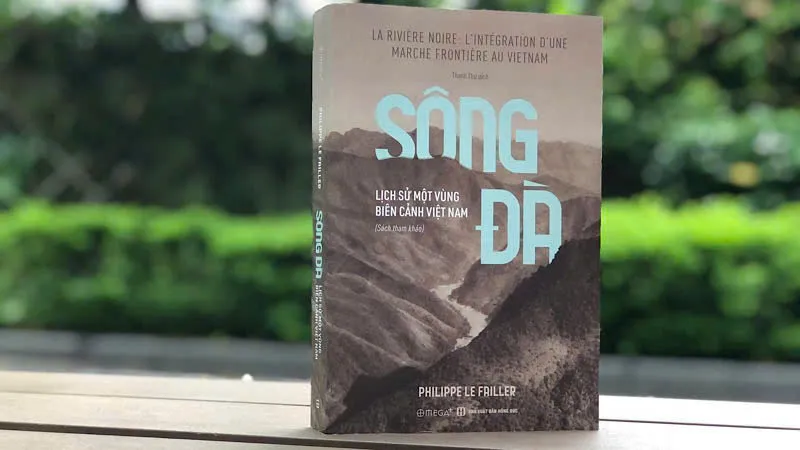
Author Philippe Le Failler, Chief Representative of the French School of the Far East in Hanoi , shared that the opportunity to come to Vietnam began 35 years ago. French archives led him to trace a strange land - the Da River and the character Deo Van Tri. From there, a decades-long journey of researching the history of the Northwest region of Vietnam began.
The book consists of 12 chapters, depicting prominent historical periods such as the period of territorial disintegration, resistance, surrender, military rule, short-lived civil rule, Hmong uprisings and administrative annexation after 1954. The Da River emerges not only as a place name, but as a living entity, where power is unstable, multi-ethnic residents live together, cooperate and compete.

Author Philippe Le Failler pointed out that the Da River region is a “mobile frontier”, where power is not on the map but changes with each stage of conquest, relaxation, reform, and control.
At the discussion, translator Thanh Thu, who translated the work into Vietnamese, said that she also encountered many difficulties due to the academic depth and dense amount of information, ranging from history, culture, ethnology, economics to military . The translation process was supported by the author himself and the Omega Plus editorial team in looking up the original Vietnamese documents.
The discussion not only brings the story behind an academic work, but also opens up a new perspective on Vietnamese history, not only from the capital but also from the border regions. “Song Da - History of a Vietnamese border region” is considered a profound reminder that each land, each river has its own role in the harmony of national history.
Source: https://www.sggp.org.vn/song-da-lich-su-mot-vung-bien-duoi-lang-kinh-su-hoc-phap-post803515.html



![[Photo] General Secretary To Lam attends the opening ceremony of the National Achievements Exhibition](https://vphoto.vietnam.vn/thumb/1200x675/vietnam/resource/IMAGE/2025/8/28/d371751d37634474bb3d91c6f701be7f)
![[Photo] Politburo works with the Standing Committee of Cao Bang Provincial Party Committee and Hue City Party Committee](https://vphoto.vietnam.vn/thumb/1200x675/vietnam/resource/IMAGE/2025/8/28/fee8a847b1ff45188749eb0299c512b2)
![[Photo] Red flag with yellow star flutters in France on National Day September 2](https://vphoto.vietnam.vn/thumb/1200x675/vietnam/resource/IMAGE/2025/8/28/f6fc12215220488bb859230b86b9cc12)
![[Photo] General Secretary To Lam presents the 45-year Party membership badge to comrade Phan Dinh Trac](https://vphoto.vietnam.vn/thumb/1200x675/vietnam/resource/IMAGE/2025/8/28/e2f08c400e504e38ac694bc6142ac331)
![[Photo] Prime Minister Pham Minh Chinh meets with Speaker of the New Zealand Parliament Gerry Brownlee](https://vphoto.vietnam.vn/thumb/1200x675/vietnam/resource/IMAGE/2025/8/28/cec2630220ec49efbb04030e664995db)




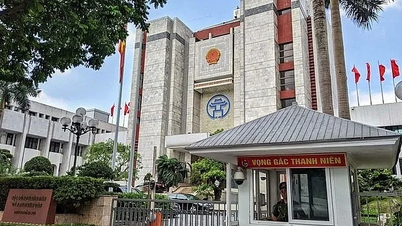




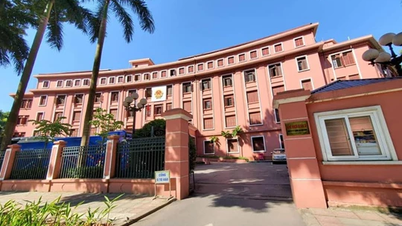

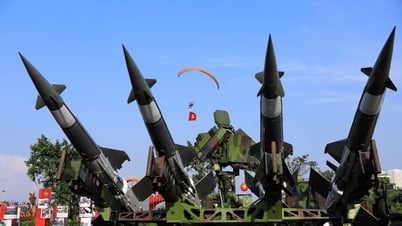




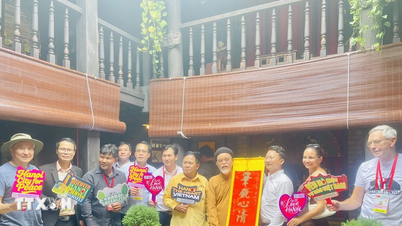










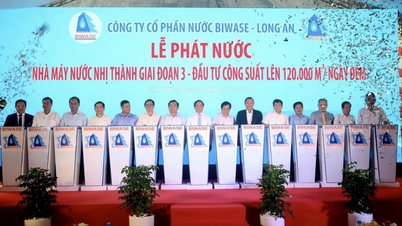
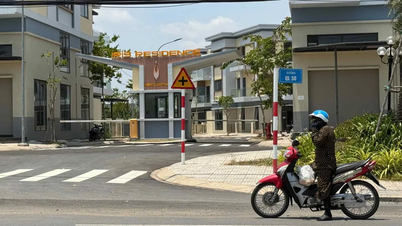
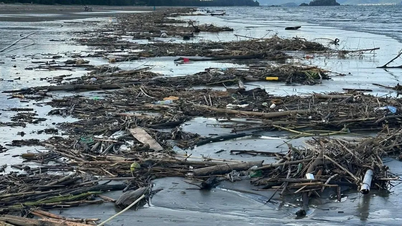





















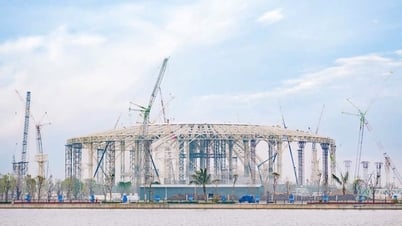



















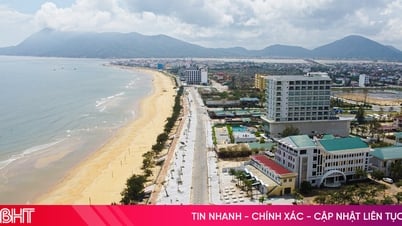



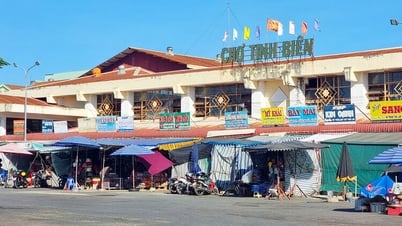













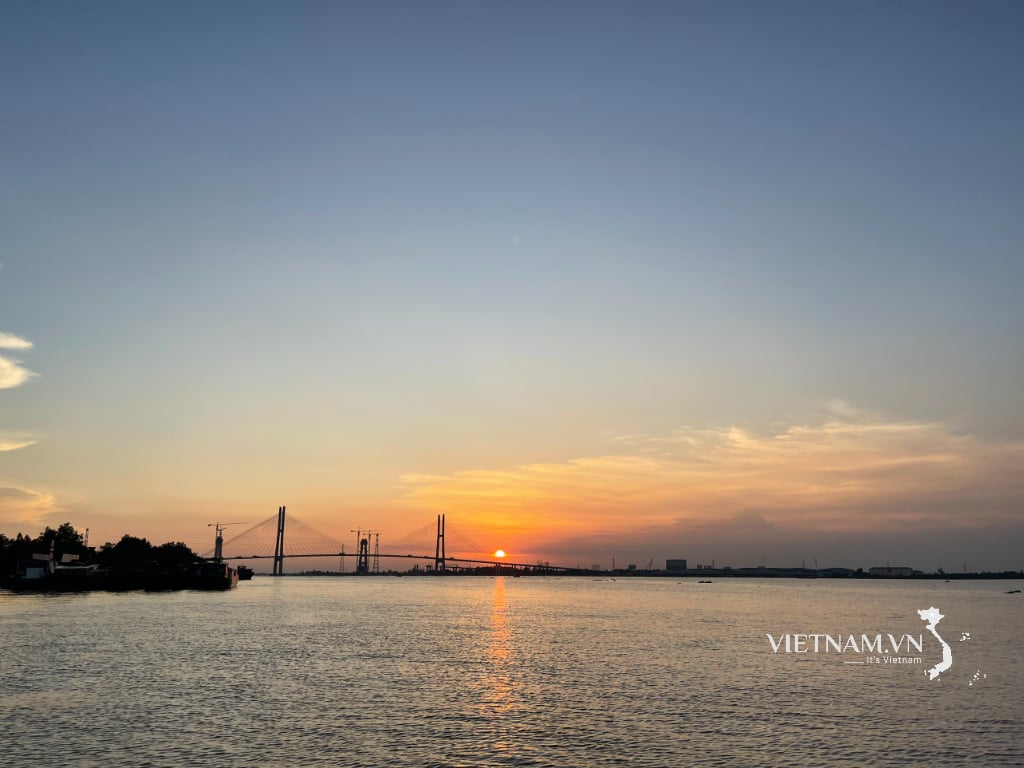
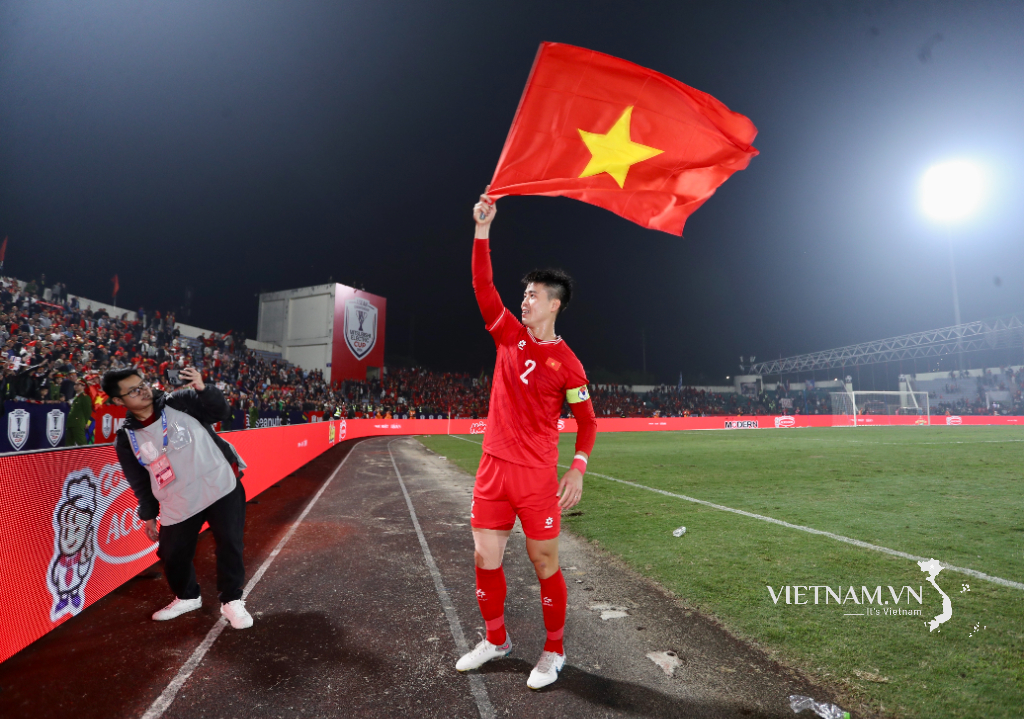

Comment (0)